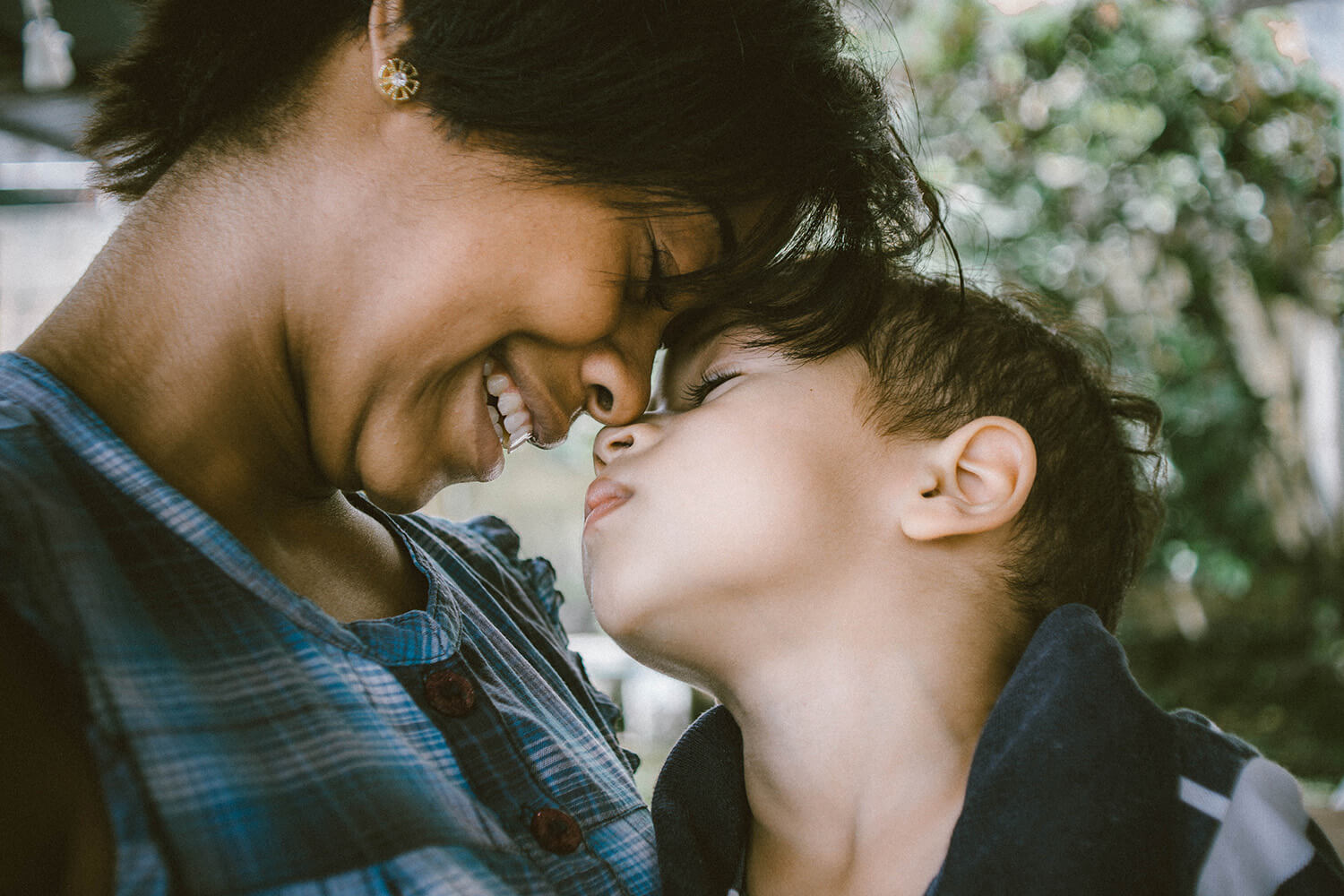
How to Validate Your Child's Feelings
Validating your child’s feelings is critical for their emotional development. In this article, I discuss why it’s important and what you can do to make sure your children always feel validated in their emotions.
Validation is vastly underused. In today’s fast-paced world of self-advocacy and high expectations, we all, as human beings, tend to forget that others’ feelings are just as legitimate as ours. As an adult looking back to my formative years, validation was a commodity only given to those who were agreeable. Because we all need and crave validation, we learned that being agreeable was a way to get what we needed. This, in turn, invalidated our internal emotional needs for unconditional validation. I have many real-life examples to illustrate the power of validation and here I will share one of them.
This exchange was between my then 4-year-old daughter and me. At the time, she was attending a daycare full-time, and this happened at drop off:
We arrived at the daycare and there was a little girl, younger than my daughter, whom she had quickly befriended. My daughter had a pink glow-in-the-dark piglet that she loved and carried with her anywhere she went. When the little girl saw the piglet, she asked my daughter for it. When my daughter said no, the little girl tried to grab it and started crying. The daycare worker tried to diffuse the situation but both kids were crying at this point. My daughter looked at me with her big brown eyes as if asking “HELP ME!!!”
Normally, my “parent” reaction, mixed with the desire to be liked and to have my daughter be accepted, would be to tell her not to be selfish and to share. Lucky for both of us, and also the little girl, I had just read “How to Talk So Kids Will Listen and Listen So Kids Will Talk” by Adele Faber and Elaine Mazlish.
How My Child’s Feelings Were Validated
I wasn’t sure exactly what to say but I had validation in mind and the exchange went like this:
My daughter: Looks at me with big eyes, crying.
Me: “It’s your piggy and although sharing is very important, it's okay to say ‘no’. You may share the toy when you’re ready”.
My daughter: Gave me the biggest hug and my heart melted.
Me: Turning to the little girl “I’m so sorry you can’t have the toy right now. I know that's upsetting.”
The crying slowed down, and after several minutes it stopped, and I left.
I learned how to be a parent on the job through trials and errors. I’m sure many parents feel the same way. Parenting is the hardest job we will ever do and although unremunerated, it will yield a great emotional response. To all of us, the lesson is to prioritize connections over control. Validation is about respect and honoring autonomy.
How to validate your child’s feelings
Here are a few ways to validate your child’s emotions:
- Listen. You can express that you are listening by focusing without distraction. It’s also important to use body language and voice to express your engagement. Sit at eye level and say things like “I see what you mean”.
- Be genuine. Kids can often detect insincerity from adults.
- Remember that your child’s problems are real to them. Something that seems small to you may be very important to them.
- Let your child fully express and feel their emotions. Telling a child to feel differently than they do is invalidating and can lead to avoidance of emotions in the future.
- Remind your child that expressing emotions is important, but behavior is something that can and should be controlled.
- Children who receive validation from their parents or caregivers are more likely to develop positive relationships with others. When children feel seen and heard by their parents or caregivers, they are more likely to feel confident and secure in their relationships with others. They are also more likely to develop empathy and understanding for others, which can help them build stronger, healthier relationships throughout their lives.
Validation is a critical component of healthy emotional development in children. When parents and caregivers validate a child's feelings, it helps:
- Build self-esteem
- Feel understood
- Develop positive relationships with others
It's important to remember that validation does not mean agreeing with or condoning a child's behavior; rather, it means acknowledging and accepting their feelings without judgment or criticism. By providing validation, parents and caregivers can help children develop the emotional intelligence and resilience they need to navigate life's challenges.
Creating Connections Consulting offers an array of services to help with your emotional well-being including therapy for anxiety, counseling for depression, and trauma and PTSD therapy. You can schedule an appointment with us here.
Catia Fath, NCC, LPC is a therapist with 20 years of experience helping adults manage anxiety, depression, personality concerns, and relationship concerns.

